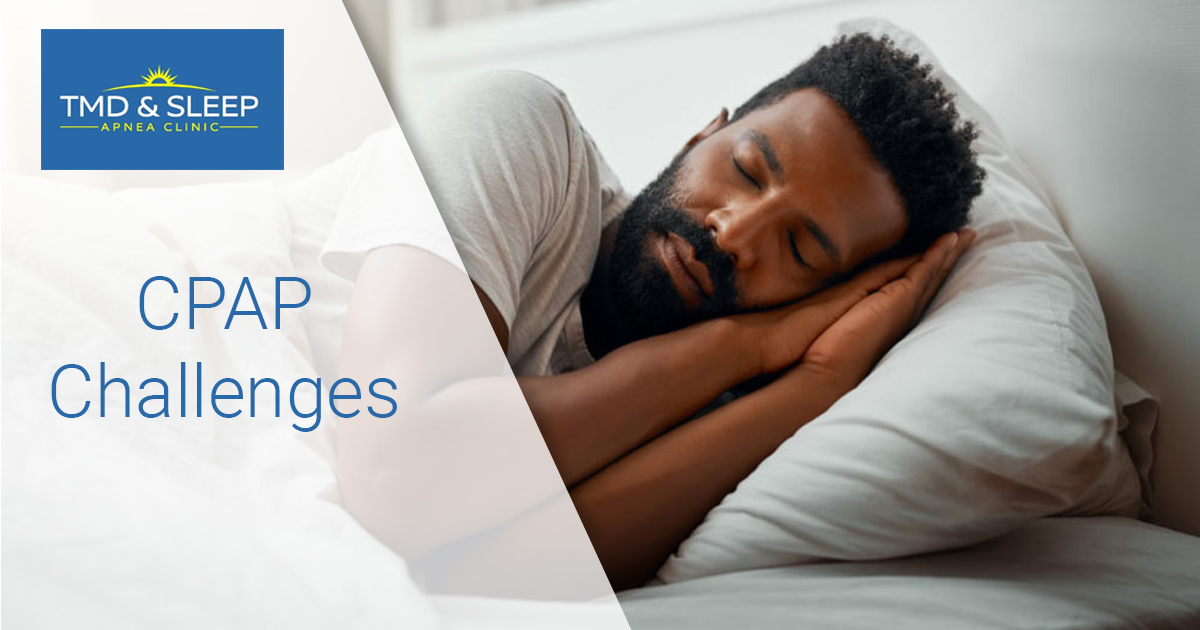
CPAP Challenges
The CPAP (continuous positive airway pressure) machine is often prescribed to patients with obstructive sleep apnea (OSA) to help keep their upper airway open while they sleep so they can get a good night’s sleep and prevent the symptoms of snoring, waking constantly through the night and daytime fatigue.
In a Harvard Health Publishing article, Harvard Medical School’s online blog, sleep doctor Dr. Melanie Pogach explains that, while it is imperative to use the CPAP machine correctly in order to get the benefits from it, only half of CPAP users actually do.
The CPAP machine is only effective if it is used correctly and consistently, explains Dr. Pogach, and should be used whenever the individual sleeps. The challenge, however, is that, according to clinical data from insurance groups, only about 50% of CPAP users reach the minimum criteria for using it correctly or they discontinue using the machine.
The common struggles with the machine include:
- Issues with mask discomfort – It causes skin irritation or marks, makes patients feel claustrophobic, and simply is uncomfortable to wear while sleeping.
- Dryness and dry mouth upon waking
- The tendency to remove the mask during the night
- The pressure is either too much or too low, causing difficulty with breathing
- The noise bothers the individual wearing the CPAP as well as their bed partner
The article goes on to suggest ways to help people better tolerate CPAP. Dr. Pogach includes using cognitive behavioral therapy or short-term use of sleep medication. She also points out trying different masks until you find one that works best. Individuals struggling with CPAP may find relief by identifying the right pressure on the machine as well as addressing coexisting conditions that interfere with CPAP working correctly.
Ultimately, for those who cannot tolerate CPAP, the article also suggests either combining another treatment with CPAP or seeking an alternative treatment. While CPAP does work for many, it isn’t the best solution for those who have trouble using the machine or who simply don’t want to. The good news is that there are other solutions to bring you relief to your sleep apnea symptoms. If you would like to consider an alternative to CPAP, please call our Auburn or Silverdale office today and schedule an appointment for a consultation.










